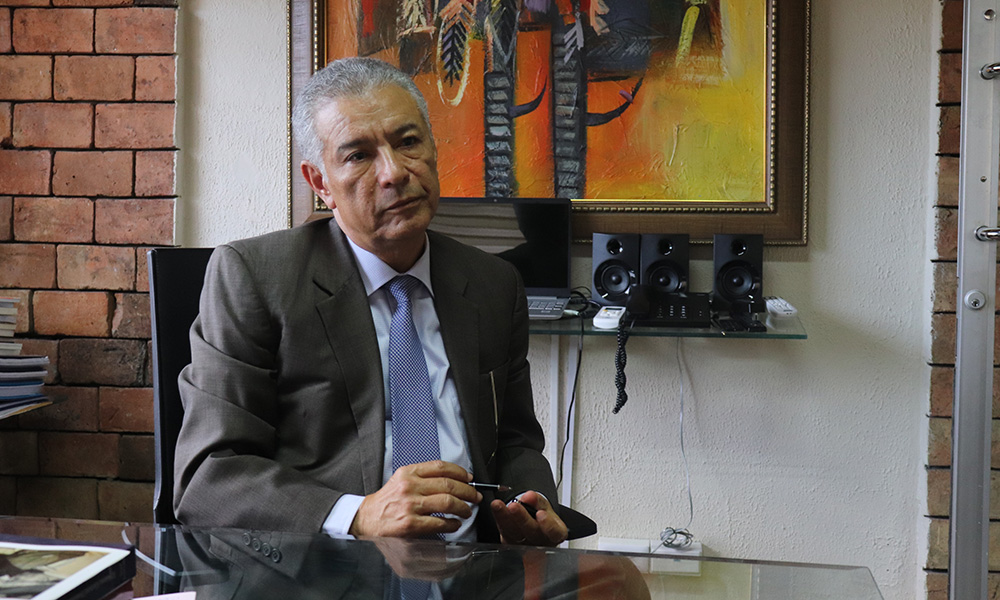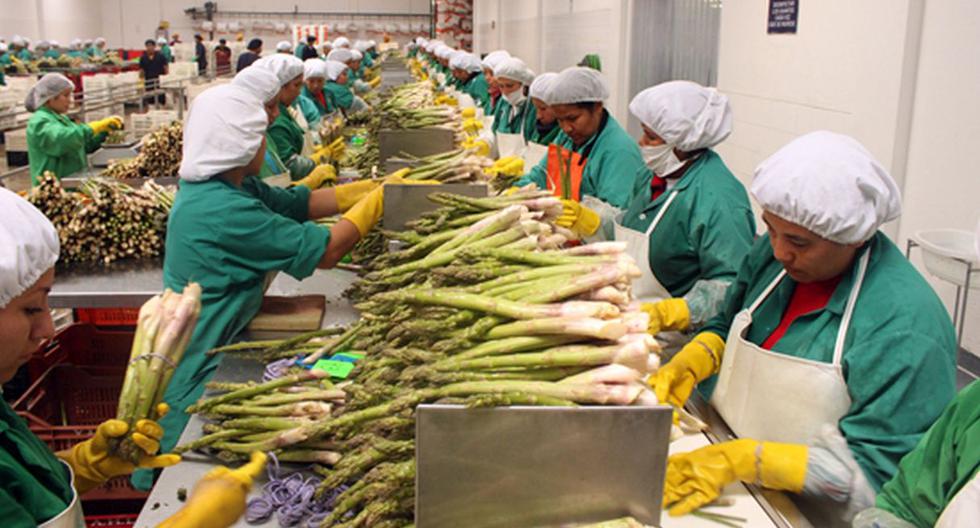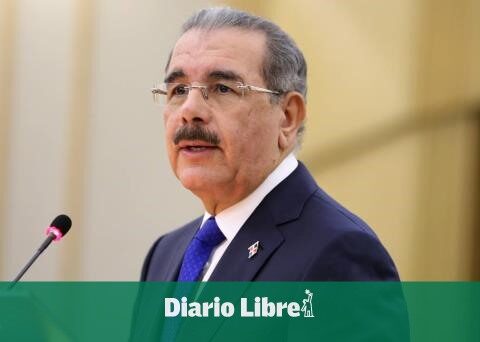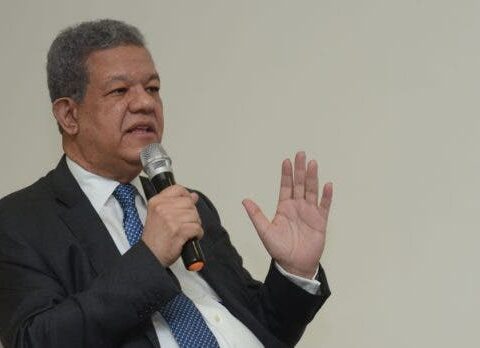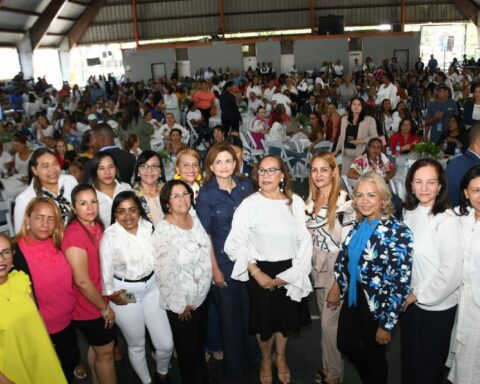The lawyer and political veteran, Ángel Lockward, when reflecting on the legacy of Monsignor Agripino Núñez Collado, who died last Saturday at the age of 88, summed it up as a “manufacturer of solutions” in the face of conflicts and crises.
Likewise, he pointed out that few names in the country’s history can be associated with so many contributions and the influence of the deceased rector of the Pontifical Catholic University Mothers and Teachers (Pucmm). “Monsignor was a manufacturer of solutions, for more than 40 years, Agripino was the guarantor of understanding and that has made us different from Haiti. The role of the monsignor in the electoral crises and not only in the electoral ones, was vital for the quality of electoral democracy”, commented the lawyer.
The also specialist in electoral and constitutional law, said that Núñez Collado’s attitude of always seeking a solution to conflicts and thus avoiding civil wars in the face of crises such as that of 1994.
“The electoral crises that could have brought us to the brink of a civil war here were avoided by that determined and conciliatory spirit of the monsignor who managed to attract politicians and businessmen; he manufactured, he was a manufacturer of solutions and for that he gained respect,” he said.
He stressed that his mediation was not limited to electoral crises because he also intervened in economic crises. “The Dominican Republic has made it different from Haiti and other countries in the Americas, it was Agripino because it leads the way of understanding,” he stressed.
He argued that now apparently a mediator is not needed because Dominican democracy is mature, but that we got to that point because of him. “Coming out of the dictatorship we did not have institutions, today we have institutions, notice that the Executive itself gives up powers and institutions that did not exist before are created, but we have them because democracy matured, and matured, because Agripino as a firefighter helped the electoral crises could have political solutions, which is what has not been achieved in other countries of the Americas,” he observed.
Highlighting his vision to strengthen the quality of education, he pointed out that he took a local university such as Pucmm and turned it into a benchmark. “He made it a national and international benchmark; the university of the capital was the UASD (Autonomous University of Santo Domingo), which was a focus of subversion, the Unphu (Pedro Henríquez Ureña National University) and a prestigious institute that was Intec”, he referred when contextualizing the thrust in education which represented the extension of the Pucmm to Santo Domingo.
He added that the contribution has been of such magnitude that the axis of the policies has come from that higher education center. “Because in times of crisis most of the country’s projects were congealed in the PUCMM,” he stressed.
When referring to the work of mediation of the electoral crisis of 1990, the politician recreated what happened in those votes. “The political crisis was the result of a very high rate of abstention and the division of the electorate between three, with a minimal gain for Balaguer (Joaquín), resistance from the business community to Professor Bosch (Juan) and when the electoral problem was resolved, then we moved on to the economic problem,” he commented.
Regarding the economic crisis at the beginning of the 1990s, he made a special reference to the role of Núñez Collado. “Here nobody has realized that the tax reforms began by decree and nobody complained, the Code was approved almost a year later and thus the country took the path of economic success” pointed out the politician reflecting on the contributions of the late mediator.
He took a message to Peña de Balaguer for 1994
He commented that in the 1994 crisis, he was closer to Núñez Collado. “Those elections were so close that Balaguer and Peña Gómez each owned half of the will of the people, and in that order it turns out that each one governs half of the period,” he said. Regarding the agreement that was made at that time between Joaquín Balaguer and José Francisco Peña Gómez, so that each one would govern for two years as a measure of the crisis, he said that originally the late leader of the Dominican Revolutionary Party (PRD) accepted, but that later stepped back.
“Agripino went to Peña Gómez with that proposal and he did not accept; for 1996, Balaguer would have welcomed a change in the formula; He would have welcomed Peña receiving Guaroa Liranzo, who was promoting Leonel’s candidacy within the Reformist Party, but Peña did not agree; the last one that goes with a message from Balaguer where Peña, is Monsignor Agripino Núñez Collado, and Peña’s attitude continued to be the same”, the veteran politician who was active in the Social Christian Reformist Party (PRSC) and He was a friend of Peña Gómez, he even supported him in the 1996 elections.

